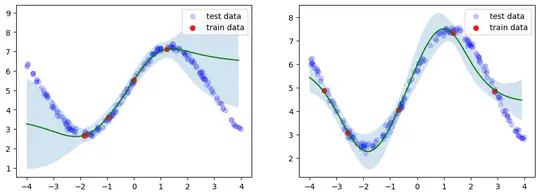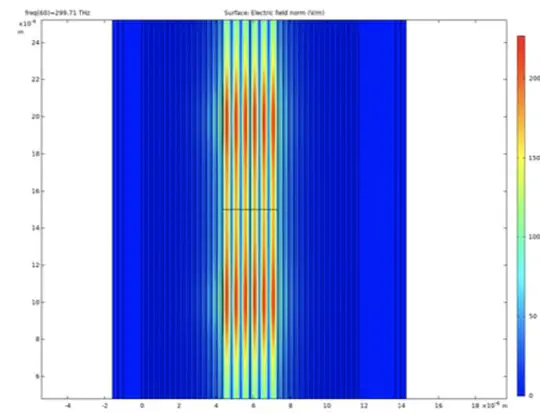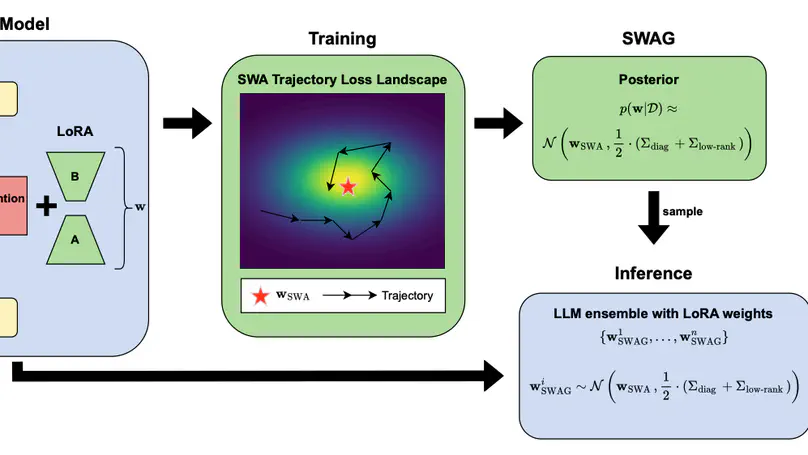Klemens Flöge
Biography
I am a researcher with a strong interdisciplinary background in applied mathematics, electrical engineering, and management. I completed my MASt in Applied Mathematics (Part III of the Mathematical Tripos) at the University of Cambridge, where I focused on statistics and probability. Prior to that, I earned a BSc in Electrical Engineering and Information Technology from ETH Zürich, specializing in quantum photonics and control.
Recently, I was working as an ML researcher at Helmholtz AI, where I focus on uncertainty quantification for large language models, cross-modal protein retrieval, and Bayesian inference techniques. My research has been published on platforms like arXiv and combines theoretical insights with practical applications in areas such as foundation models and explainable AI. I also gained industry experience as a data science intern at BASF SE, where I developed predictive maintenance models for chemical production processes.
I am fluent in German and English, proficient in programming languages such as Python, C++, and CUDA, and experienced with machine learning frameworks like PyTorch, TensorFlow, and Huggingface. Beyond my technical work, I have held leadership roles, including serving as a board member of the Engineering Association at ETH and as president of the LSE Bankside House Committee.
- Deep Generative AI
- Multimodal Tranformers
- Large Language Models
- Probability Theory
- Bayesian Statistics
MASt in Applied Mathematics, 2023
University of Cambridge
BSc Electrical Engineering and Information Technology, 2022
ETH Zurich
Skills
German (native), English (fluent), French (B1-B2)
Python, C/C++, R, SQL, TensorFlow, TensorFlow Probability, Numpy, PyTorch, Pandas, CUDA
COMSOL Multiphysics, MATLAB, SciPy
AWS Cloud, LATEX, Ubuntu
Traveling to far countries, mainly in Oceania, Asia and South America
Currently still improving
Experience
Accomplishments
Projects
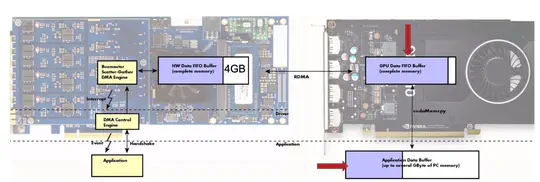
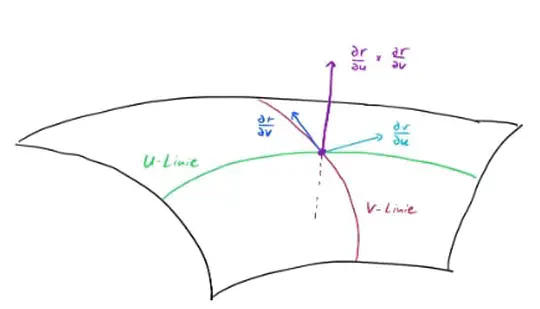
Publications
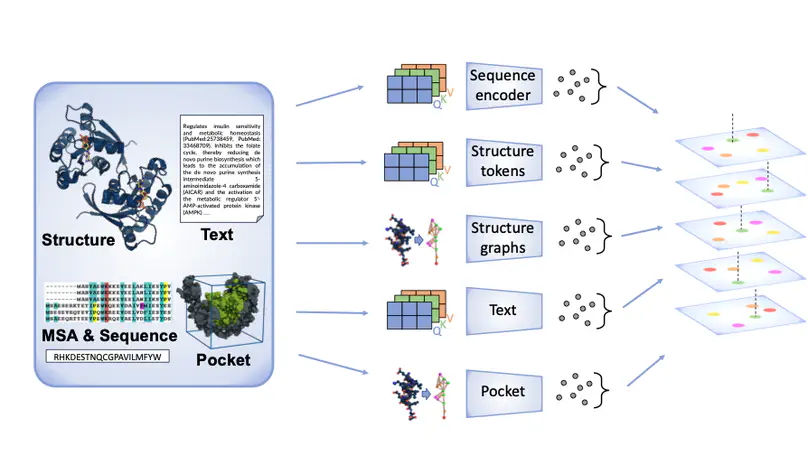
OneProt, a multi-modal AI for proteins, integrates sequence, structure, alignment, and binding site data using the ImageBind framework. It achieves strong performance on retrieval and downstream tasks, advancing protein-related applications.
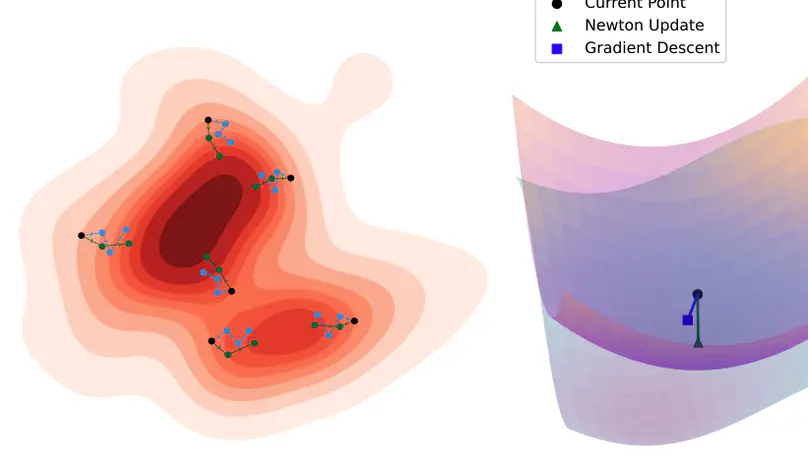
A novel method for Bayesian inference in deep ensembles using Stein Variational Newton updates, leveraging scalable Hessian approximations to improve uncertainty quantification, training efficiency, and robustness.
Contact
Please feel free to contact me via E-Mail
